Apparently half of heart-attack sufferers don’t seek medical help for over an hour – and one in 10 take two whole days to see someone. Time is crucial in medical emergencies, so it’s important to get to know the signs of something serious.
Here’s what to look out for...
Heart attack
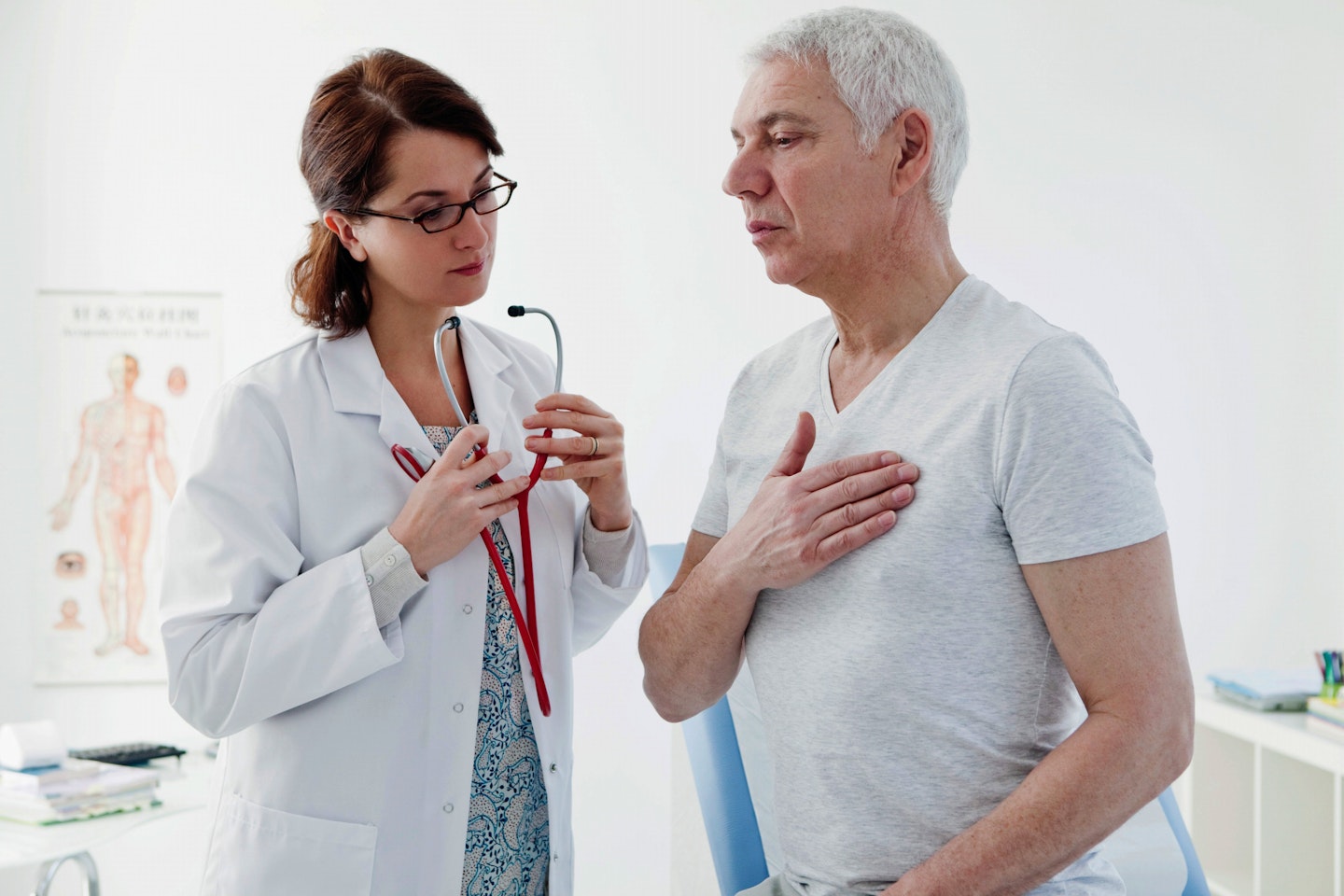
We’ve all seen TV heart attacks, where someone clutches their chest and collapses – but that isn’t always how it goes. Signs can be quite non-specific and easily confused with heartburn or indigestion.
It’s a feeling of tightness or pressure around your chest – like a tight band or someone sitting on your chest. The pain often radiates towards your upper jaw or left arm, but not always.
The big clue is that people often just know – you don’t get that sense of dread with heartburn. It might just be a panic attack, but it’s far better to be safe than sorry and call 999.
Other symptoms include shortness of breath, nausea and vomiting, but chest pressure is the biggest telltale sign.
Stroke
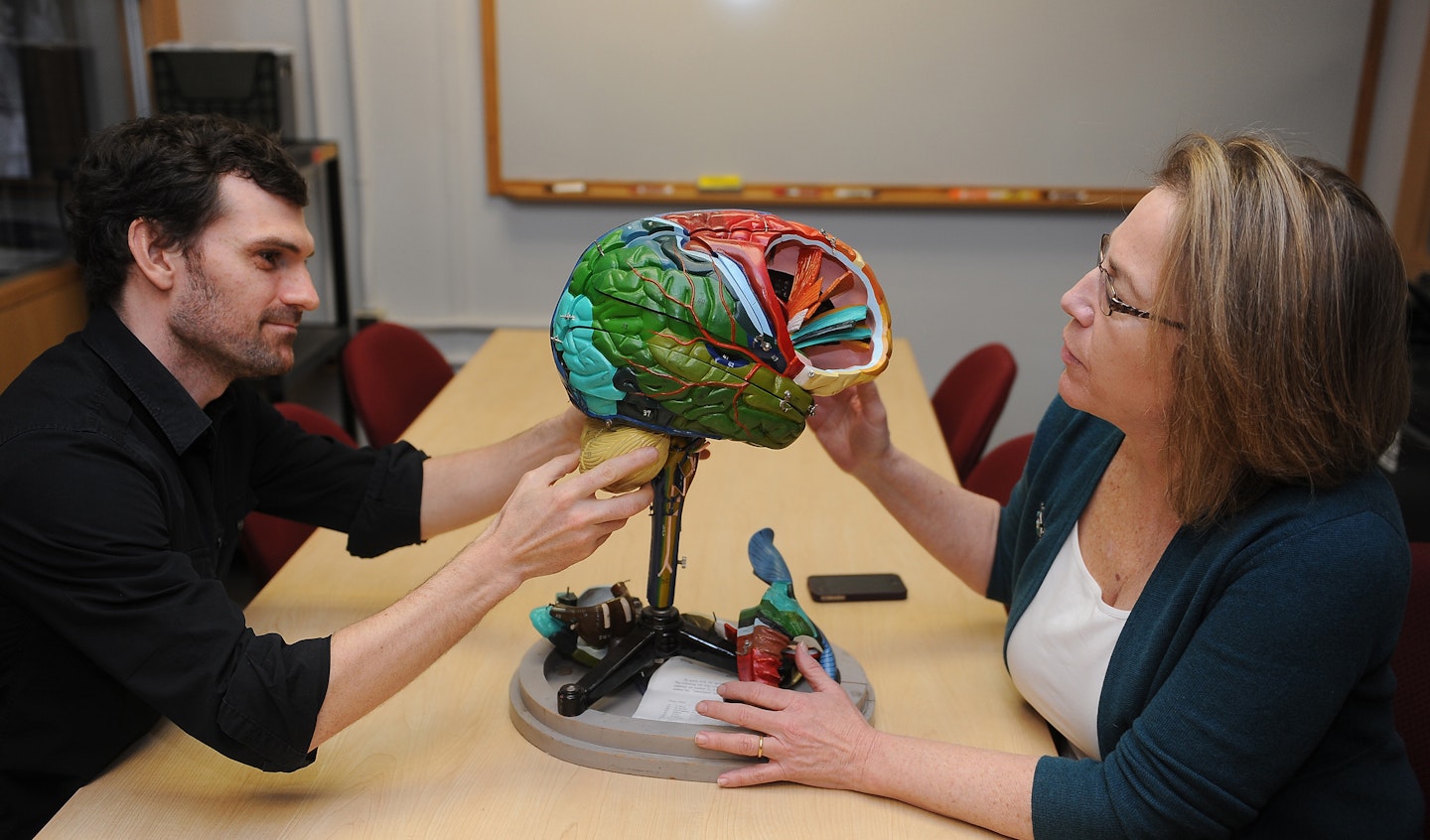
Somebody in the UK has a stroke every three minutes and 27 seconds. The quicker they get treatment, the less likely they are to be left with long-lasting or permanent damage – call 999, then stay with them and keep them calm until the ambulance arrives.
Think of the acronym F.A.S.T – Face, Arms, Speech and Time to call 999. Look for a general asymmetry, or wonkiness, so the face drooping or the person being unable to smile.
They may also be unable to raise their arms, their speech may be slurred or they may
suddenly start talking nonsense or not be able to find their words. It can make people feel confused and dizzy.
Those can be symptoms for lots of things – but they’re all serious, so get to hospital as soon as possible.
Asthma attack
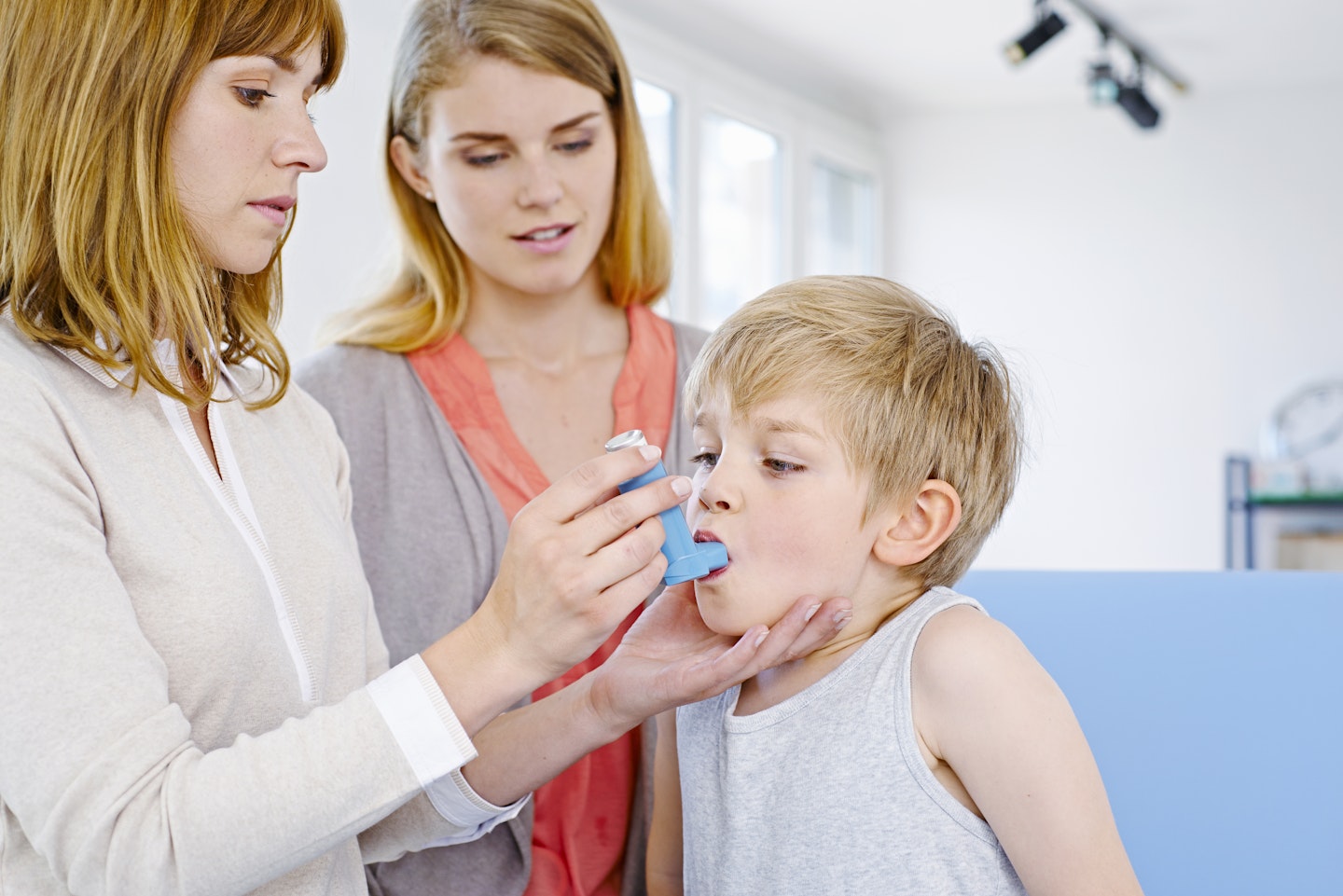
Every 10 seconds someone in the UK has a potentially life-threatening asthma attack, so if you or a loved one has asthma you need to know what to look out for – and how to react.
If someone has an asthma attack, they’ll be very breathless: their breathing may be fast and shallow, and symptoms like a cough, breathlessness, a wheeze or tight chest will be getting worse, plus their inhaler won’t be helping.
Children may have a tummy ache, too. It’s a horrible feeling, not being able to breathe properly, so you have to keep them calm, taking slow and steady breaths because the more worked up they get, the harder it is for them to breathe.
Sit them upright, get them to use their inhaler and call 999. A day or two after an attack, see the GP or asthma nurse to discuss if treatment needs to change.
Diabetic hypo
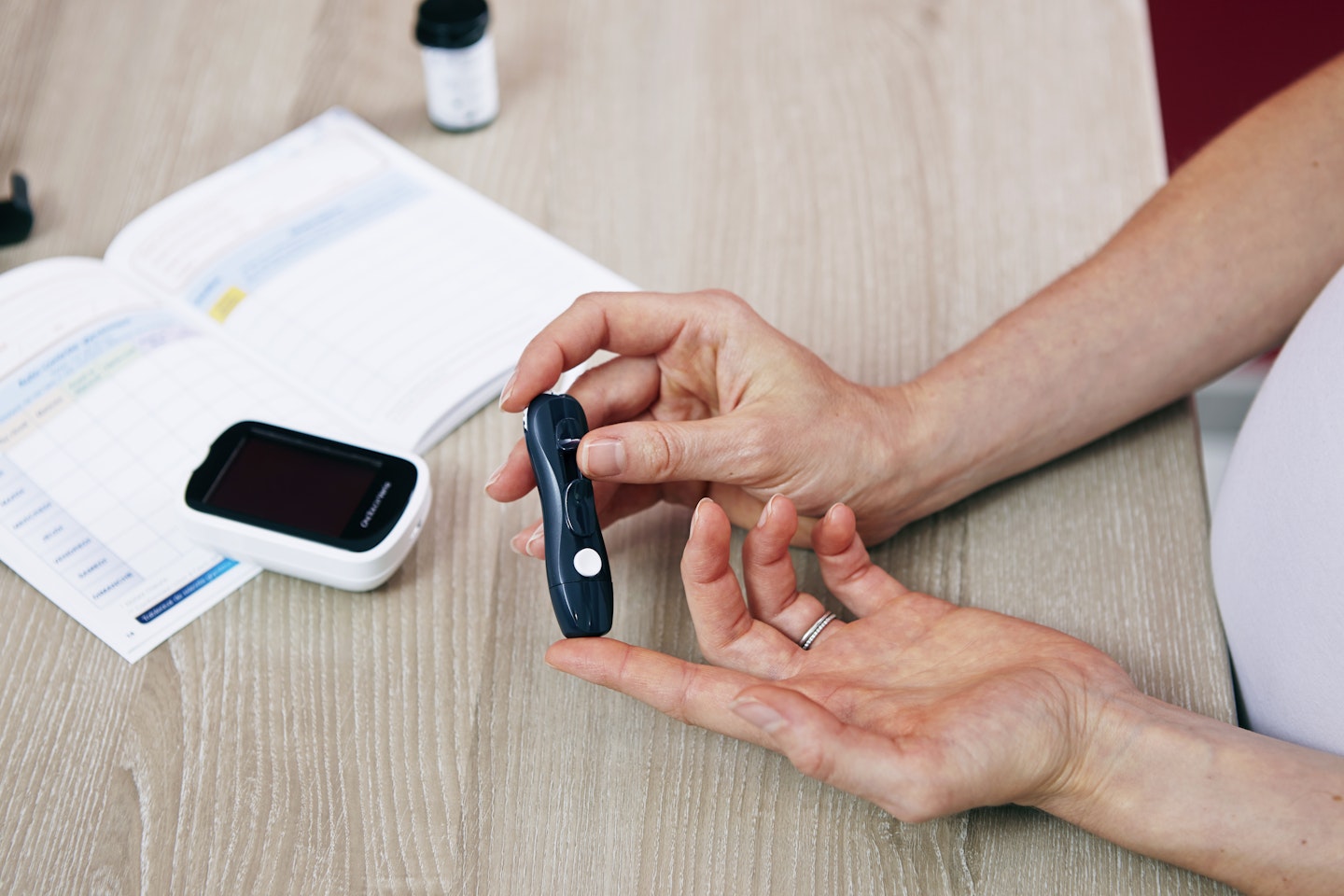
The signs of a hypo, whether it’s type 1 or type 2 diabetes, are feeling a bit dizzy, sweaty, sick, hungry, shaky and weak. They can get irritable, too – think “hangry” – and it can come on quickly.
Get them some sugar – they may carry something, but a glass of fruit juice or five jelly-type sweets will do.
Liquid is good because it’s quick-acting. If they’re not that responsive, you can also rub jam or honey on the inside of their cheeks because they’ll absorb it really quickly.
Don’t give them milky, fatty foods like chocolate or milkshake because the fat slows the absorption of sugar. When they feel better, give them something more solid with carbs, like a chocolate biscuit or a bowl of cereal.
Heat stroke

People don’t realise how badly heat stroke can affect someone. Left untreated, their temperature can become dangerously high, putting a strain on their brain, heart, lungs, liver and kidneys.
The signs are feeling tired, dizzy and having a headache, with muscle cramps and sweating.
Treatment is cooling down and drinking fluids, but that doesn’t mean ice baths or freezing showers. It means getting them in a shaded place, cooling their skin with a wet flannel, fanning them and getting them to sip water or fruit juice.
Fit or seizure
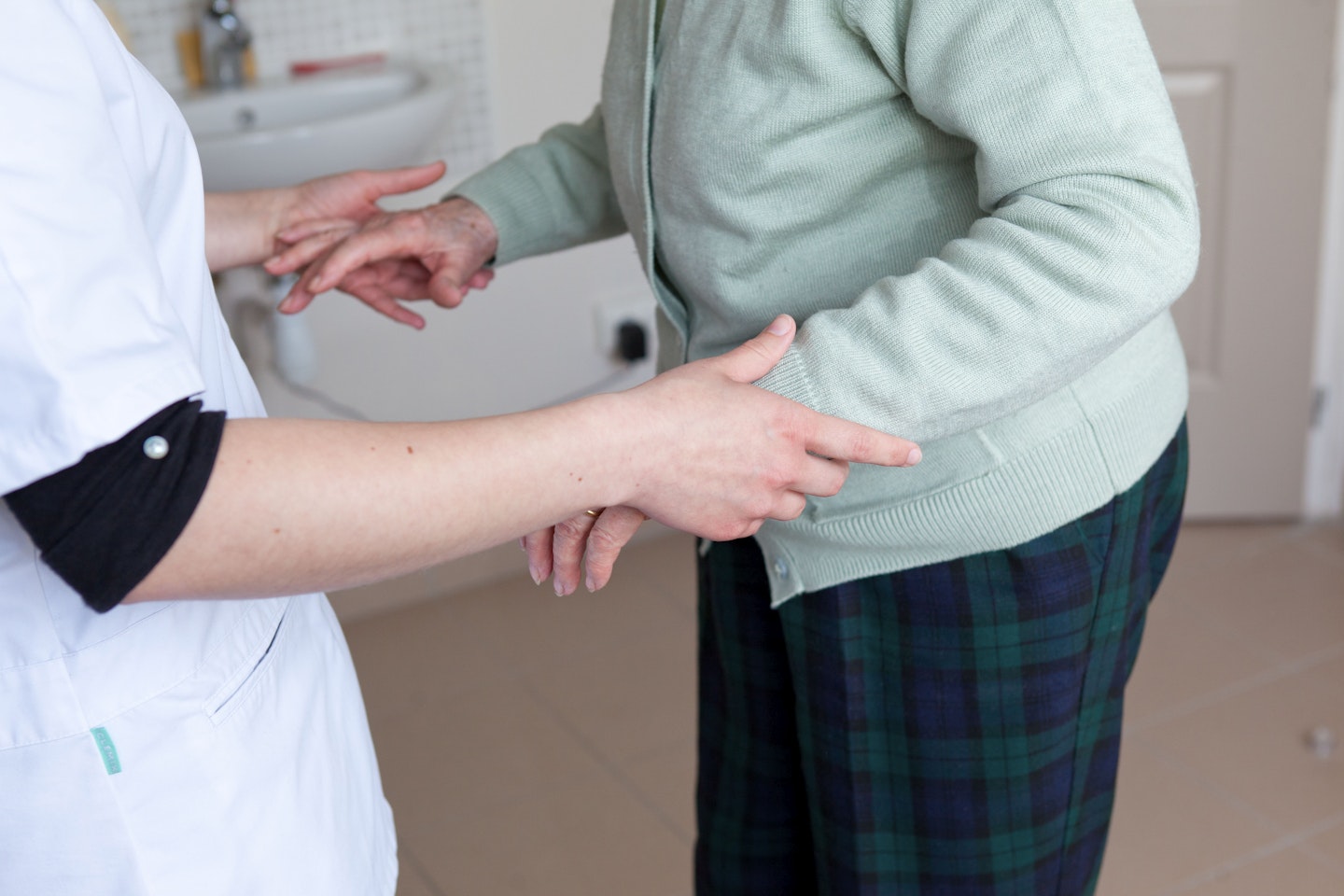
Fits and seizures are unpredictable, but they can have warning signs like feeling fuzzy or confused.
A stronger seizure could see someone smacking their lips, rubbing their hands, making random noises, moving their arms around and chewing or swallowing a lot.
Then there are the signs we would all recognise, like jerking or twitching.
In this case, move anything they could hurt themselves on and make them comfortable. Stay close but don’t restrict them. Afterwards they might be frightened, embarrassed or even aggressive, so reassure them.
Call 999 only if it’s been more than five minutes or they’ve had several fits.
